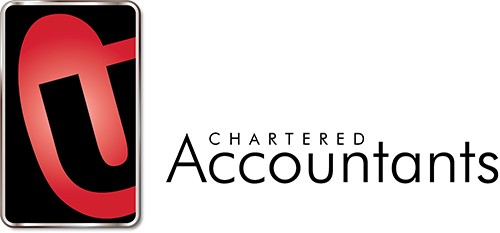Airbnb usually a tax case on its own
If you use Airbnb to provide short-term accommodation in your house in which you also live, the IRD’s “mixed-use asset (holiday home)” rules don’t apply and guests are not classed as boarders.
Except when you list a whole house which is vacant for 62 days each year, mixed-use asset rules do apply and calculations differ from those for homes where the hosts also live.
Claimable expenses
Anything you spend as an Airbnb service provider may be claimed as an expense.
For shared expenses, like power and Internet, claims need to be fair and reasonable. You can claim some home utilities, rates, insurance, and interest – and all food and other consumables that guests use.
You can also claim depreciation on chattels and appliances used by guests only. You can claim some depreciation on other shared chattels and appliances, like claiming a portion of utilities.
If you spend money to keep your property attractive for guests, you can claim some of those costs.
You’ll have to apportion expenses and, to do that, you need to know:
- The floor area used exclusively by Airbnb guests (say, 25m2)
- The shared area used by you and Airbnb guests (say, 90m2)
- Total of guests plus you and your family
Your apportionment calculation then is:
Guest floor area + (total shared floor area x [one divided by total guests plus family] x percentage of year you have guests).
Then you divide that product by total floor area, and the resulting figure is the apportionment percentage you use for expenses.
If your room or home was unavailable for part of the year, your calculations must reflect that.
Unlike residential rent, GST applies to Airbnb. You must register for and file GST if your turnover is $60,000 or more in the past 12 months, or will be $60,000 or more in the next 12 months.
There’s a lot to this, so we recommend that you get professional advice.
